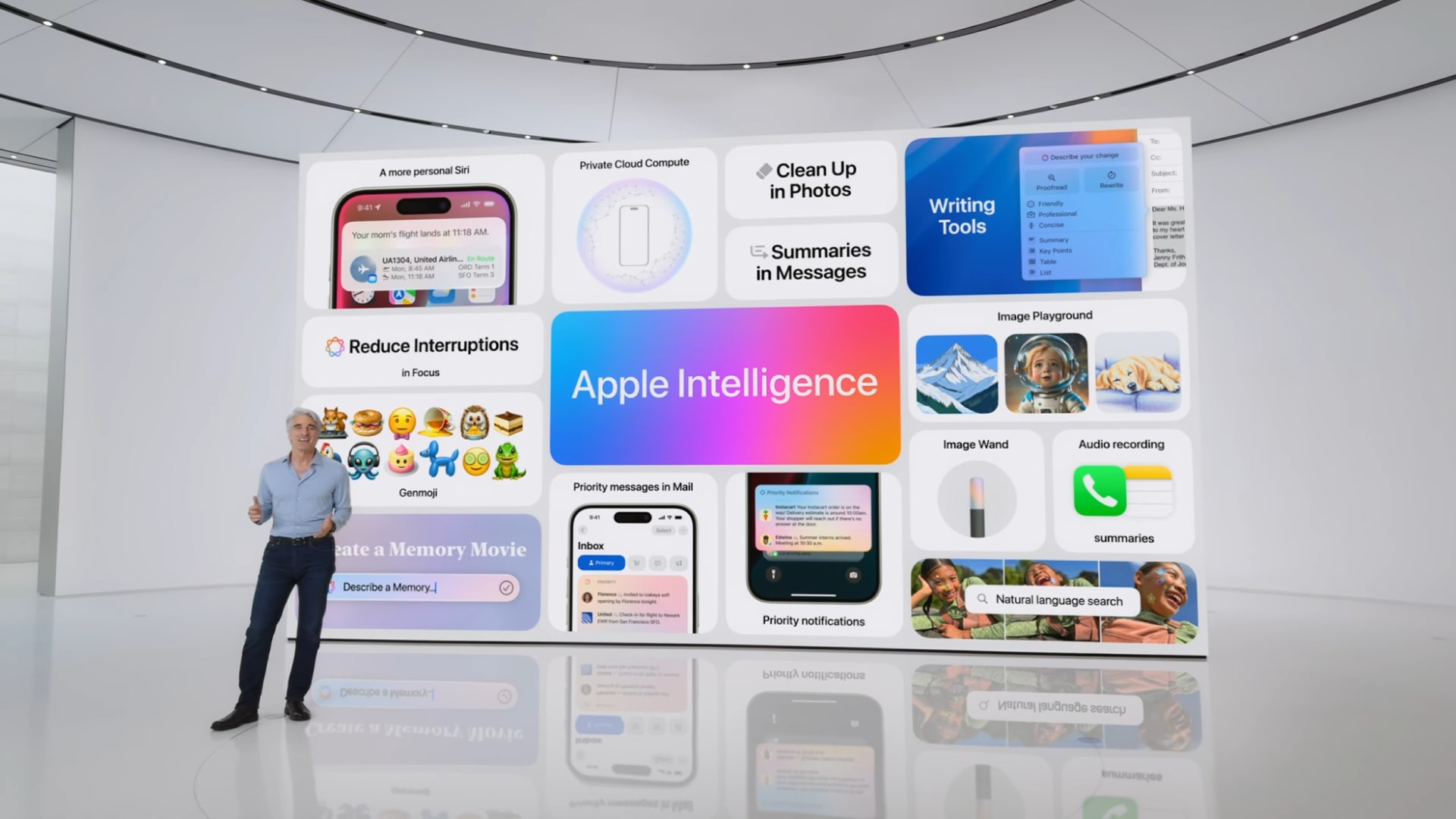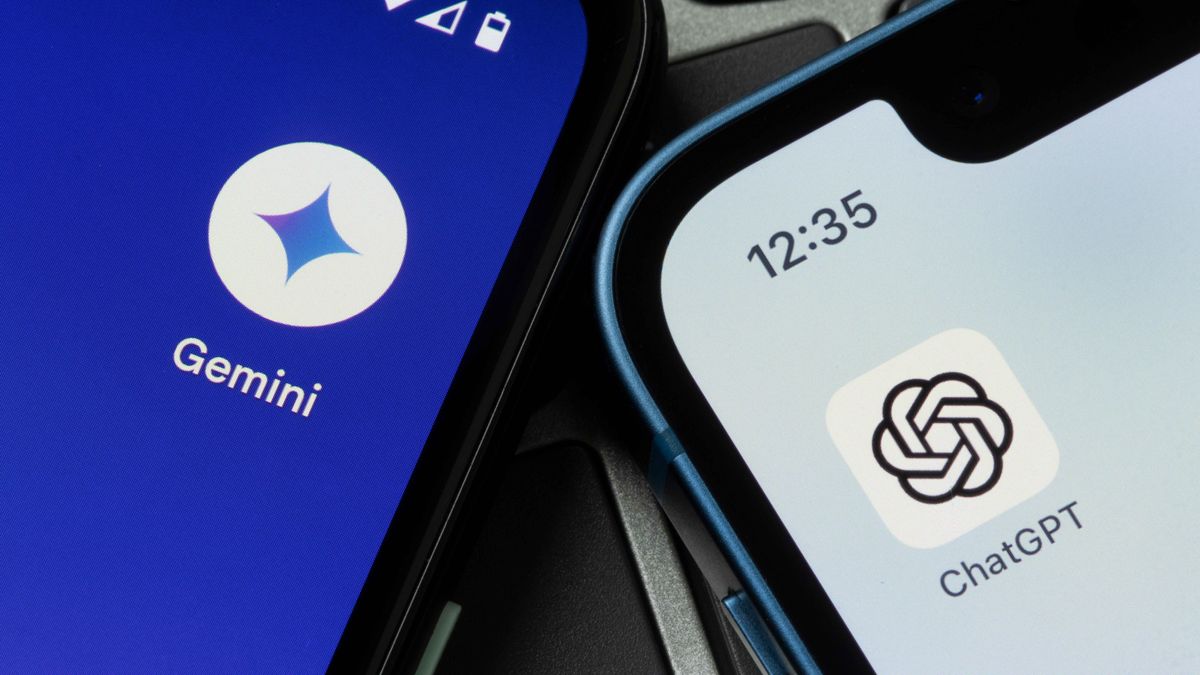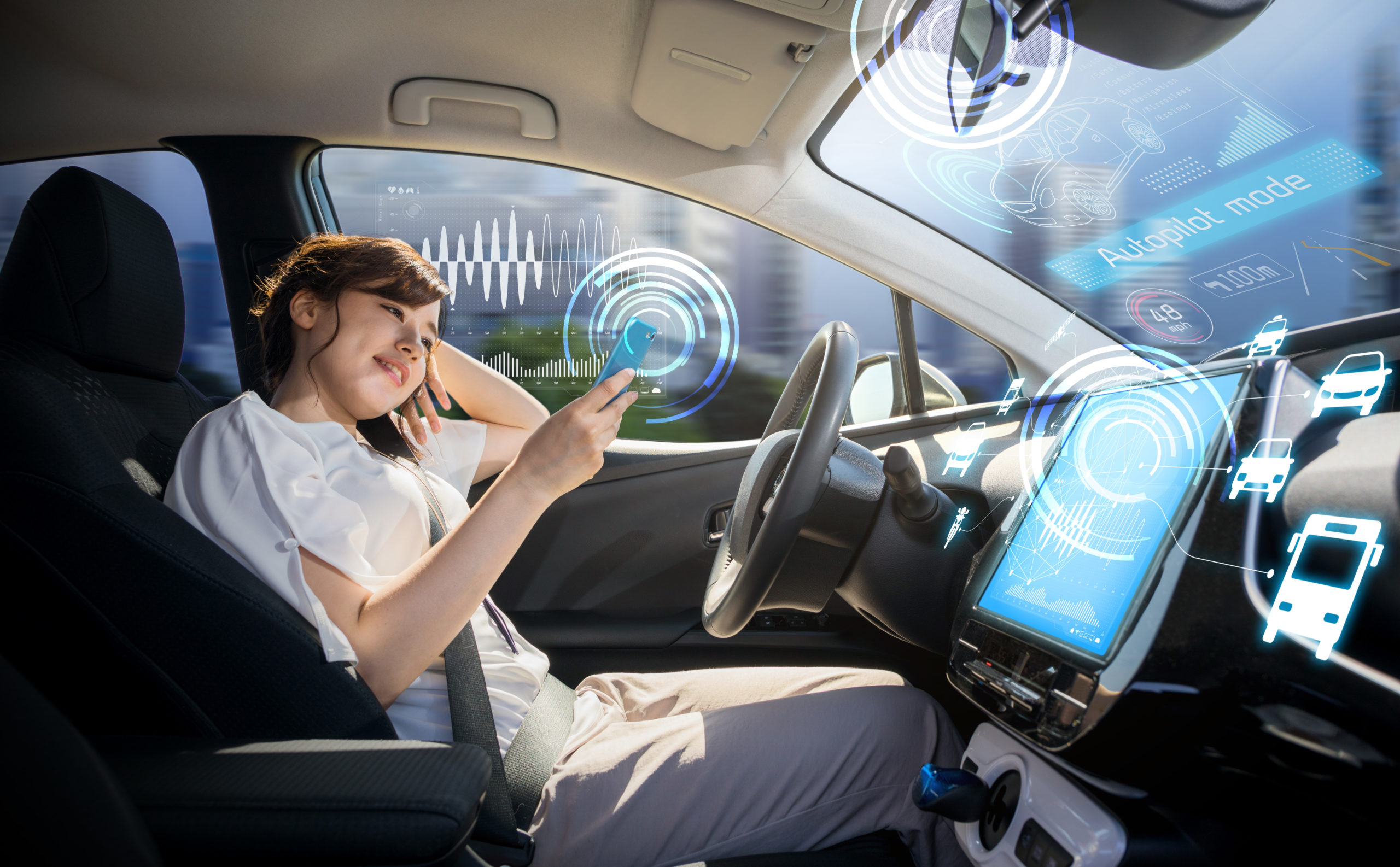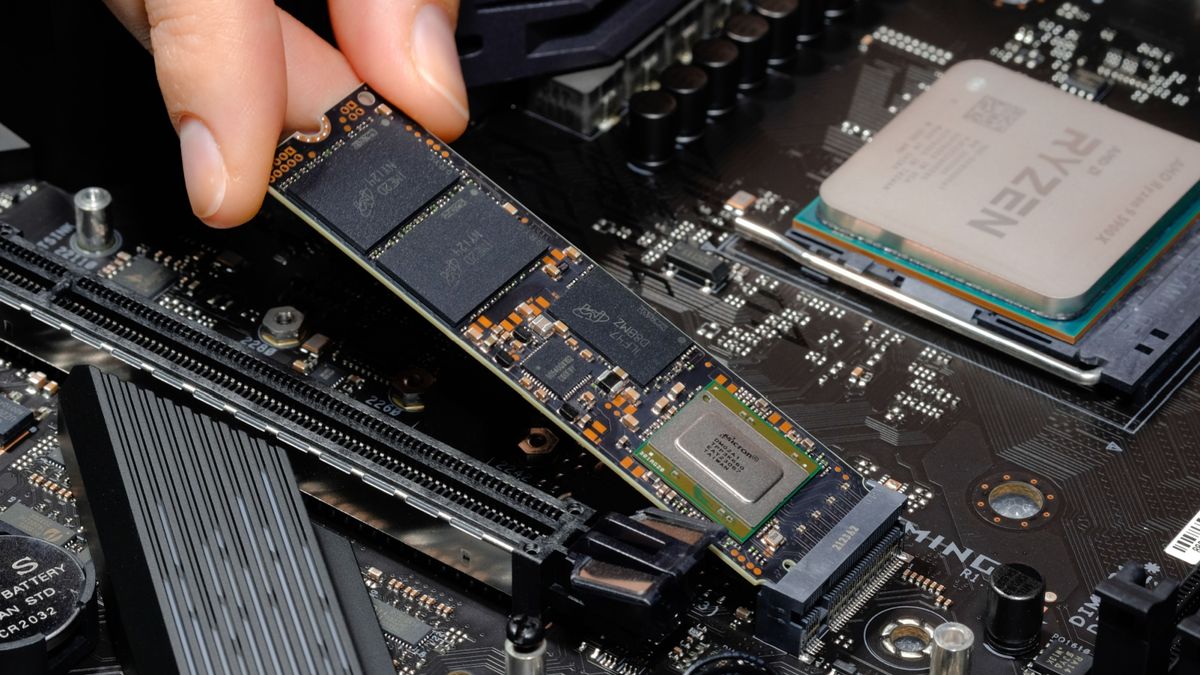Much like the Samsung Galaxy S24 event before it, the launch of the Google Pixel 9 was as much a showcase for new software as it was for new hardware. True, Google unveiled no fewer than seven new devices (including four new phones) at its Mountain View headquarters in California, but far more time was spent on stage on the Google Gemini features that will run on these devices than on the cameras, displays, or batteries that lie beneath their respective hoods.
Apple will no doubt put AI at the heart of its upcoming iPhone 16 launch, too, with rumoured improvements to buttons and batteries likely to take a backseat to a smarter Siri and other generative AI tools. Software, then, now rules, at least in terms of the way the best phones are marketed (how many AI-focused Samsung adverts have interrupted your football match?). But this doesn’t mean hardware no longer matters.
Smartphones with a lot of AI require an immense amount of processing power (read: powerful chipsets) and enough RAM capacity to handle multiple power-hungry software features at once. Google has never been able to equip its best Pixel phones with chipsets that outperform those in the iPhone, but it has at least future-proofed the Google Pixel 9 Pro and Google Pixel 9 Pro XL with a whopping 16GB of RAM.
Such a large RAM capacity should ensure that both phones can handle the inevitably demanding AI features that Google throws at them down the road, and sets a new benchmark for other mobile device makers to follow.
As TechRadar's head of US phones, Philip Berne, noted in his hands-on review of the Google Pixel 9 Pro, “[16GB of RAM is a] A massive amount of memory for a mobile device. Samsung’s most powerful phone, the Galaxy S24 Ultra, only has 12GB of RAM, and you’d have to buy a gaming phone like an Asus ROG Phone 8 Pro to get 16GB or more before the Pixel 9 Pro arrives.
“My guess is that [such a large amount of] RAM isn't for today, it's for what's to come. I've been very skeptical about whether current Pixel phones, like the Pixel 8, will actually last the seven years of updates that Google promises. […] But adding more RAM than necessary at launch is a way to make sure the Pixel 9 Pro has room to spare for any AI vehicles that park in the Pixel’s garage.”
RAM is therefore arguably the most important feature to consider when thinking about buying a new phone. Powerful chipsets are certainly a plus, but they are no longer the most important thing.

After all, there's a reason Apple limits Apple Intelligence features to iPhones equipped with 8GB of RAM (at the time of writing, that's just the iPhone 15 Pro and iPhone 15 Pro Max), and it's thought that even 8GB might not be enough to take full advantage of Apple's Large Language Model (LLM).
Google isn't making any such concessions, and while we wait with bated breath for the inevitable AI-packed iPhone 16 Pro, Apple has its work cut out for it if it's to break Google's dominance in our guide to the best AI phones.









